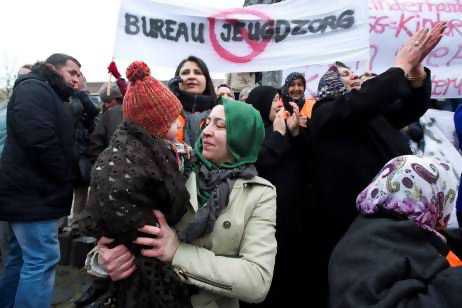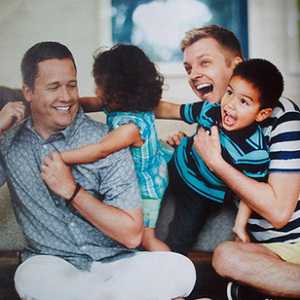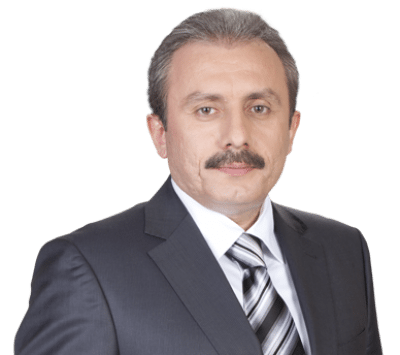
Turks demonstrate against the Dutch youth care policy in Lelystad on March 22. A diplomatic row over a Turkish boy fostered by Dutch lesbian parents clouded the Turkish prime minister Recep Tayyip Erdogan’s visit to the Netherlands this month. Evert Ezlinga / AFP.
Read more: http://www.thenational.ae/news/world/europe/turkish-child-fostered-by-dutch-lesbians-sparks-diplomatic-row#ixzz2P6cUzbe0
Follow us: @TheNationalUAE on Twitter | thenational.ae on Facebook
ISTANBUL // A nine-year-old boy in the Netherlands is at the centre of a row between Turkey and European countries over non-Muslims fostering Muslim children and eroding their “moral values and religious beliefs”.
Yunus, a Dutch citizen of Turkish origin, was removed from his Turkish parents as a four-month-old by Dutch authorities over suspicions of child abuse and neglect. He was given to lesbian foster parents who have raised him ever since.
Several court rulings have confirmed that Yunus’s biological parents were unfit to care for him, a Dutch official said last week. He said the boy had not been adopted by his foster parents.
The case has become the focal point of a campaign by the Turkish government to prevent Muslim children of Turkish families in European countries from being raised by non-Muslim or homosexual foster parents.
“If a child is given to a homosexual family, then this runs counter to general moral values and religious beliefs of [Turkish] society,” Recep Tayyip Erdogan said during a visit to the Netherlands this month.
At the core of the row lies Ankara’s view that the about four million Turkish citizens and people of Turkish descent in European countries are exposed to threats to their cultural or religious identity – and that Turkey has the right, and the duty, to act.
Mr Erdogan suggested that cooperation between the Turkish and Dutch governments could prevent similar problems in the future and said Turkish non-government organisations in the Netherlands could also help.
Mark Rutte, the Dutch prime minister, dismissed the idea of any Turkish intervention, saying the case was a domestic issue.
Mr Erdogan’s government regards itself as responsible for the welfare of Turks abroad, even if they have foreign passports. But this clashes with Europeans’ view of their sovereignty and ideas of integration, as well as with the continent’s more liberal values.
Bekir Bozdag, a Turkish deputy prime minister who oversees Turkish expatriates, told parliament late last year that there were about 4,000 cases of children who had been forcibly taken away from Muslim-Turkish families in Europe and given to non-Muslim foster parents.
He suggested that religious reasons were behind the trend, but offered no proof to back up the accusation.
“These children are really Christianised,” Mr Bozdag said. “We are faced with a big tragedy.”
Mr Bozdag called on European countries to have Turkish children raised by Turkish families if possible and promised that his government would do everything to “save our little ones”.
Faruk Sen, chairman of the German-Turkish Foundation for Education and Scientific Research and an expert on the Turkish community in western Europe, said the Turkish government was partly to blame.
“There are 700,000 Turkish families in Germany, but not enough come forward to take children” as foster families, Mr Sen said last week. He said Turkey’s diplomatic missions in Europe had failed to provide authorities with lists of potential Turkish foster parents.
Referring to local, parliamentary and presidential elections coming up next year and in 2015, Mr Sen said efforts to please the conservative voter base of the Erdogan government were also shaping Ankara’s position on the issue. “They want to tell voters at home: ‘I am making sure that no Muslim child is raised by a Christian family’.”
A lack of Muslim foster families had also been an issue in the case of Yunus in the Netherlands, the Dutch official said.
“He was initially placed in a foster home and given to the couple after a while,” the official said. He also said that the biological parents of the boy had tried and failed to get Yunus back through the courts.
As the case became public, the lesbian couple in the Netherlands went into hiding with Yunus. Dutch officials said there had been no specific threats, but the move to “another address” had been organised as a precaution.
The Turkish family has turned to the Turkish government for help. Following Mr Erdogan’s visit to the Netherlands, Nurgul Azeroglu, Yunus’s biological mother, praised the stance taken by Ankara.
“Our prime minister’s statement took a weight off my mind,” she told the Turkish Cihan news agency. “Now I have new hope that I can embrace Yunus again after nine years.”
Ms Azeroglu appeared on Turkish television this month and called on Mr Erdogan to intervene in the case. She said she accidentally dropped the child from a poorly fastened carrying bag once – part of the reason he was removed from her care.
Dutch news reports said the authorities in the Netherlands decided in 2008 to remove two of Yunus’s siblings from the Azeroglu family and place them in the same family with the boy, but that the children had been sent to Turkey by their family before the decision was implemented.
* With additional reporting by Agence France-Presse and the Associated Press
Read more: http://www.thenational.ae/news/world/europe/turkish-child-fostered-by-dutch-lesbians-sparks-diplomatic-row#ixzz2P6d85Sor
Follow us: @TheNationalUAE on Twitter | thenational.ae on Facebook



